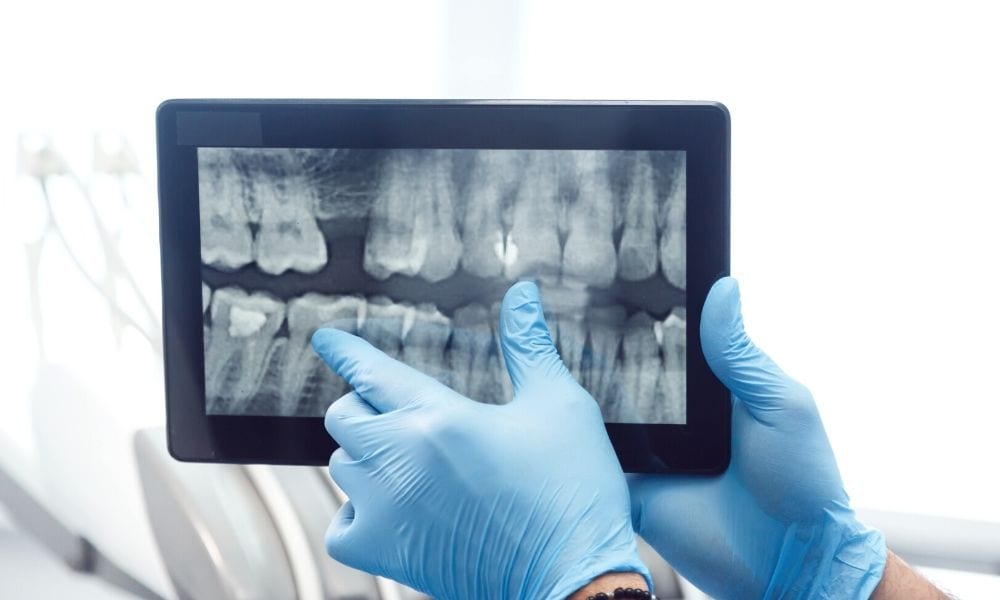

Though they have been around for ages, there are still a lot of superstitions surrounding x-rays in the medical field. Most come from exaggerations of older flawed technology and do not reflect current advances. Learning about the different types of x-ray and how they are used makes for a smart healthcare consumer. X-rays can be expensive, so it is vital to understand what they do and how they assist in the diagnostic process. Most of the time, doctors do not refer x-rays unless they have a good reason to, but it is still up to the patient’s final say. Though a little intimidating, x-rays are not something anyone needs fearfully avoid.
Anyone who has ever been to the dentist for something more than a routine cleaning has likely had this type of x-ray done. Dentistry and work pertaining to bones and teeth are especially hard to diagnose. Obviously, except in severe cases, mere observation is completely ineffective in terms of diagnosing this type of injury and creating a strategy for healing. The x-ray provides a snapshot of the internal structures clear of the enshrouding tissues and muscles. This enables healthcare workers to spot fractures, infections, and rot very quickly.
Locale x-rays are what most people think of when they imagine an x-ray. Special machinery focuses on a specific region of the body and takes a single image. Usually, this is the result of damage that has been incurred internally, suspicion of such damage, or even an unusual growth. This type of x-ray will display bone structure, but also the more subtle details of tissue and organs. Many people have had this type of x-ray in their life, and it is commonly used as a chest x-ray.
One of the more interesting advances in x-rays is the advent of a live-feed scan. With this technology, doctors can see locale areas of the body on a monitor, rather than reviewing a photograph later. This can help medical workers see how muscles, bones, and organs all interact with each other. It is also very useful for double-checking information during surgeries. A live feed scan is often performed using a special x-ray machine, such as a C-Arm.
In addition to these three categories, there are many more specialized types of x-ray photography. Each uses an array of techniques and machines. Knowing the different types of x-ray and how they are used is vital in medicine today. While they may seem alarming, the technology surrounding x-rays is very practical and ever-improving.
FAQ
One of the more interesting advances in x-rays is the advent of a live-feed scan. With this technology, doctors can see locale areas of the body on a monitor, rather than reviewing a photograph later. This can help medical workers see how muscles, bones, and organs all interact with each other. It is also very useful for double-checking information during surgeries. A live feed scan is often performed using a special x-ray machine, such as a C-Arm.
Additional Resources:
Harvard – Science of X Ray Technology
Deep Learning
Computer Vision
Discover how woven metal fabric transforms restaurant design with its versatility, from feature walls to…
Upgrading your workspace? Get inspired by design ideas for materials, lighting, and amenities, and tips…
In recent years, the global interest in peptides has surged due to their wide-ranging benefits…
Maximize your workspace without overspending. Explore practical ways to expand your office using smart layouts,…
Discover how to create a thriving STEM community through hands-on, collaborative projects that are perfect…
Understanding the common causes of delays during facility relocations can save you time, money, and…